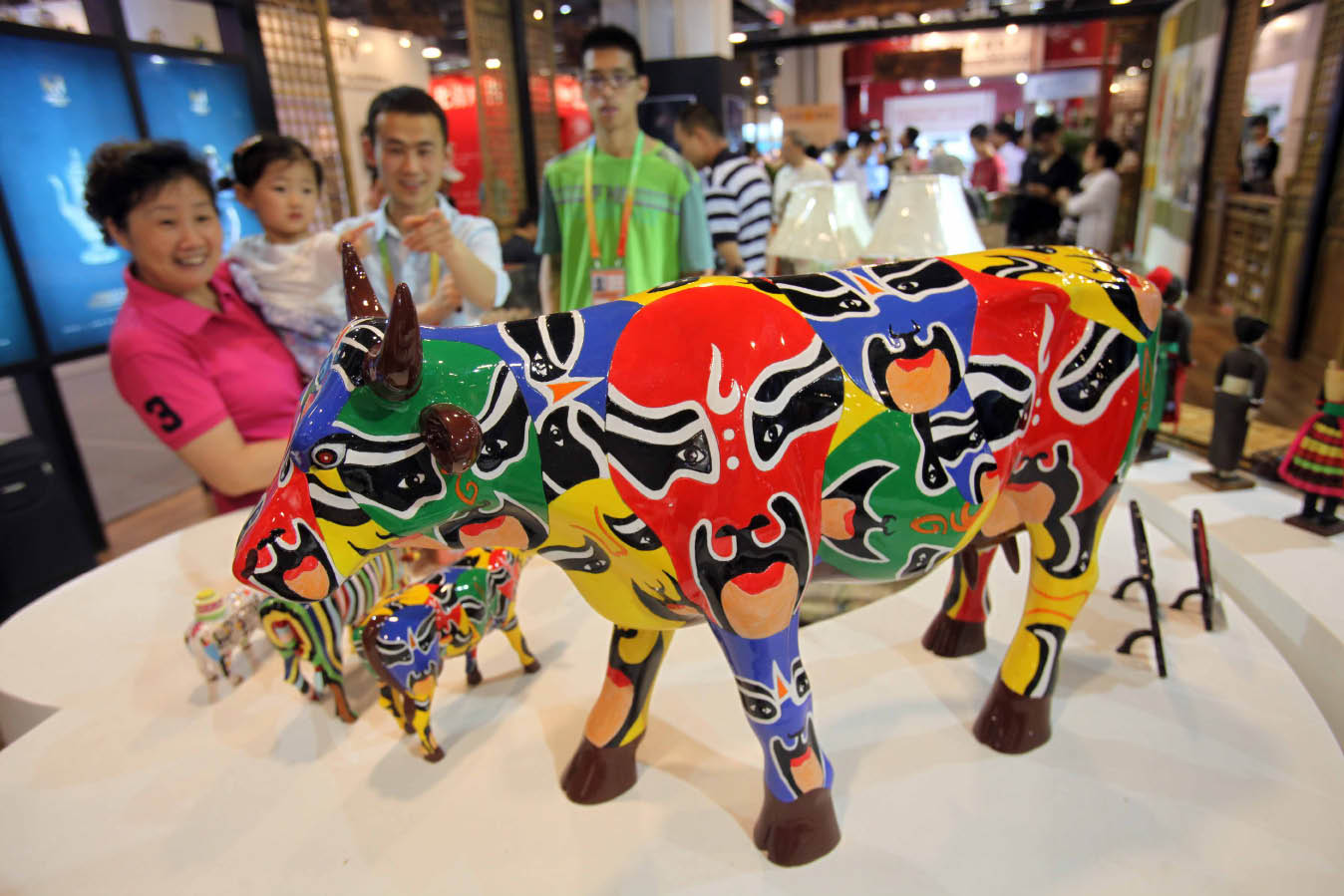Four Must-have Betrothal Gifts
With the emergence of the wealth gap in Chinese society, financial factors have held an ever-greater sway on marriage. In the 1980s, a decent wedding for rural families was defined by the four gifts a groom was expected to provide – a bicycle, a watch, an electric fan and a sewing machine. In towns and cities, the list included a TV set, a washing machine, a stereo recorder and a refrigerator. A failure to deliver these luxury items and other necessaries at a wedding, estimated RMB 3,500 in total, could bring great shame to the groom's family, and even cause a rift between the new couple.
Cui Jian and Rock N Roll
In 1996, Cui Jian, a man not handsome by any Chinese standard and distinguished by his hallmark army uniform, rocked the Chinese music world with his coarse voice. When he sang, "Why do you sneer that I have nothing," the catch-line of his best-known song, I Have Nothing, Chinese audiences were both appalled and thrilled.
"I Have Nothing gave voice to a whole generation. It was an era when the nation was changing, and so were its people, to the extent that we didn't know ourselves any longer. Cui Jian stood out as an individual, an icon of rebellion and a member of the vanguard. The love in his songs gave us warmth, and his wrath resonated in our hearts," explained music critic Xiao Fuxing.
Cui Jian has often been compared to John Lennon, who was also a resonant voice in a time of social transition. And while Cui's songs are relatively few in number, they radiate a defiance of popular values and express a passion for independent thinking.
1987
Mobile Phones
In May 1987 Motorola opened an office in Beijing and introduced analogue mobile phones to China. Despite the price of RMB 20,000 to 30,000, and a monthly bill up to thousands of yuan, the brick-sized handsets were immediately taken up by the nation's newly-rich as the latest wealth and status symbol. Beepers had been embraced with the same ardor when they appeared four years before, and had swiftly spread from China's elite to the wider public, a pattern repeated with the mobile phone. By 2002 China had the largest number of mobile phone users in the world, and by 2007 beepers were extinct.
New means of communication resulted in new ways of living. For many people today a text message is preferred to a personal visit to friends at Chinese New Year.
AIDS Phobia
On November 7, 1987, Chinese scientists for the first time successfully isolated the AIDS virus in the blood of a foreign visitor to China. Back in 1984 Zeng Yi, an academician of the Chinese Academy of Sciences, proved via epidemiological tests that the virus first crept into China in 1982. The first case of infection on the mainland was reported in 1983, followed by the first death in 1985. In 1986 four hemophilia patients tested HIV positive after accepting transfusions of blood imported from the U.S. One of them died the next year at age 13. The incident was the first case of Chinese infection officially reported in the nation.
The mysterious incurable disease immediately caused a panic among Chinese. A Kyodo News article in 1987 said that dread of AIDS was spreading among hotel workers, tour guides and other Chinese whose jobs put them in close contact with foreigners. Hotel maids abhorred room service for foreign customers, asking: "What if I am infected with AIDS?" Some tour guides shunned shaking hands with foreign tourists.

